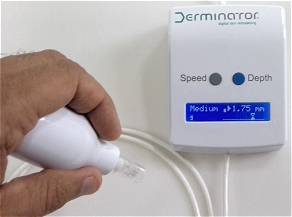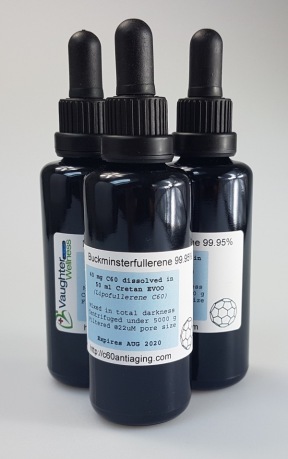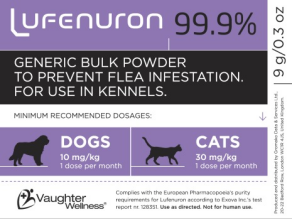
Alfalfa side effects
 Alfalfa is also called Medicago sativa and this legume is one of the richest natural sources of vitamin K.
Alfalfa is also called Medicago sativa and this legume is one of the richest natural sources of vitamin K.
Some medical studies claim that Alfalfa lowers cholesterol levels and blood glucose levels, but this research is controversial.
People with peanut allergies should not take Alfalfa since it is in the same family as soybeans and peanuts. Signs of allergy might be itching, rashes or shortness of breath.
Taking Alfalfa tablets has been claimed to occasionally cause adverse effects of a lupus-like syndrome or lupus flares. This phenomenon may be caused by the amino acid L-Canavanine present in Alfalfa seeds and Alfalfa sprouts, but not in its leaves. Adverse side effects of Alfalfa could also be rare cases of dermatitis (skin inflammation), pancytopenia (low blood cell counts), and gastrointestinal upset.
Lupus-like symptoms associated with Alfalfa are fatigue, abnormal immune system function, antinuclear antibodies in the blood, muscle pains and kidney abnormalities. People with systemic lupus or a family history of lupus should avoid Alfalfa supplements.
Some people taking Alfalfa may experience adverse effects such as stomach discomfort, including gas, diarrhea or larger and more frequent stools. Dermatitis (inflamed, red skin) has been mentioned as well.
Rare Alfalfa side effects include lowered potassium levels (hypokalemia). In theory, gout flares may be stimulated, thyroid hormone levels may be increased and estrogen-like effects may occur.
Contamination of Alfalfa products with potentially harmful bacteria including E. coli, Salmonella and Listeria has been reported. Heavy metals like copper, arsenic, and antimony have occasionally been found in Alfalfa plants and may find their way into the Alfalfa supplements.
High doses of Alfalfa seeds have reportedly caused side effects like thrombocytopenia (insufficient production of red and white blood cells). Symptoms include fatigue, easy bruising and greater susceptibility to infections.
Alfalfa should not be used during pregnancy or breastfeeding because of the risk of birth defects or spontaneous abortion.
Alfalfa may contain vitamin K and therefore could increase the likelihood of blood clots. In theory, Alfalfa may possess estrogen-like properties and may increase side effects if used with other herbs, such as red clover, which have estrogenlike effects. In theory, Alfalfa may lessen the effects of supplements such as potassium, calcium, iron or vitamin E. Alfalfa may also interact with therapies that affect the immune system. Therapies that affect the thyroid or cause sun sensitivity may also have interactions with Alfalfa, producing side effects.
This is our research on the alleged dangers of Alfalfa / adverse effects of Alfalfa and not medical advice!


 Dermaneedling for Alopecia
Dermaneedling for Alopecia What you need for dermaneedling your skin issues
What you need for dermaneedling your skin issues See how competing devices cause skin microtearing
See how competing devices cause skin microtearing Copper peptides for dermaneedling
Copper peptides for dermaneedling Dermarolling explained
Dermarolling explained How dermaneedling works
How dermaneedling works
 Psychological aspects of stretchmarks and the beauty cult
Psychological aspects of stretchmarks and the beauty cult Dermaneedling side effects?
Dermaneedling side effects? Stretchmarks: Single needle before and after
Stretchmarks: Single needle before and after
 What to do about Cellulite?
What to do about Cellulite? Dermaneelding: Hype vs. reaslistic results
Dermaneelding: Hype vs. reaslistic results Progress pics: Acne scars, stretchmarks, pigmentation
Progress pics: Acne scars, stretchmarks, pigmentation SkinPen review: Deceptive advertising!
SkinPen review: Deceptive advertising!





